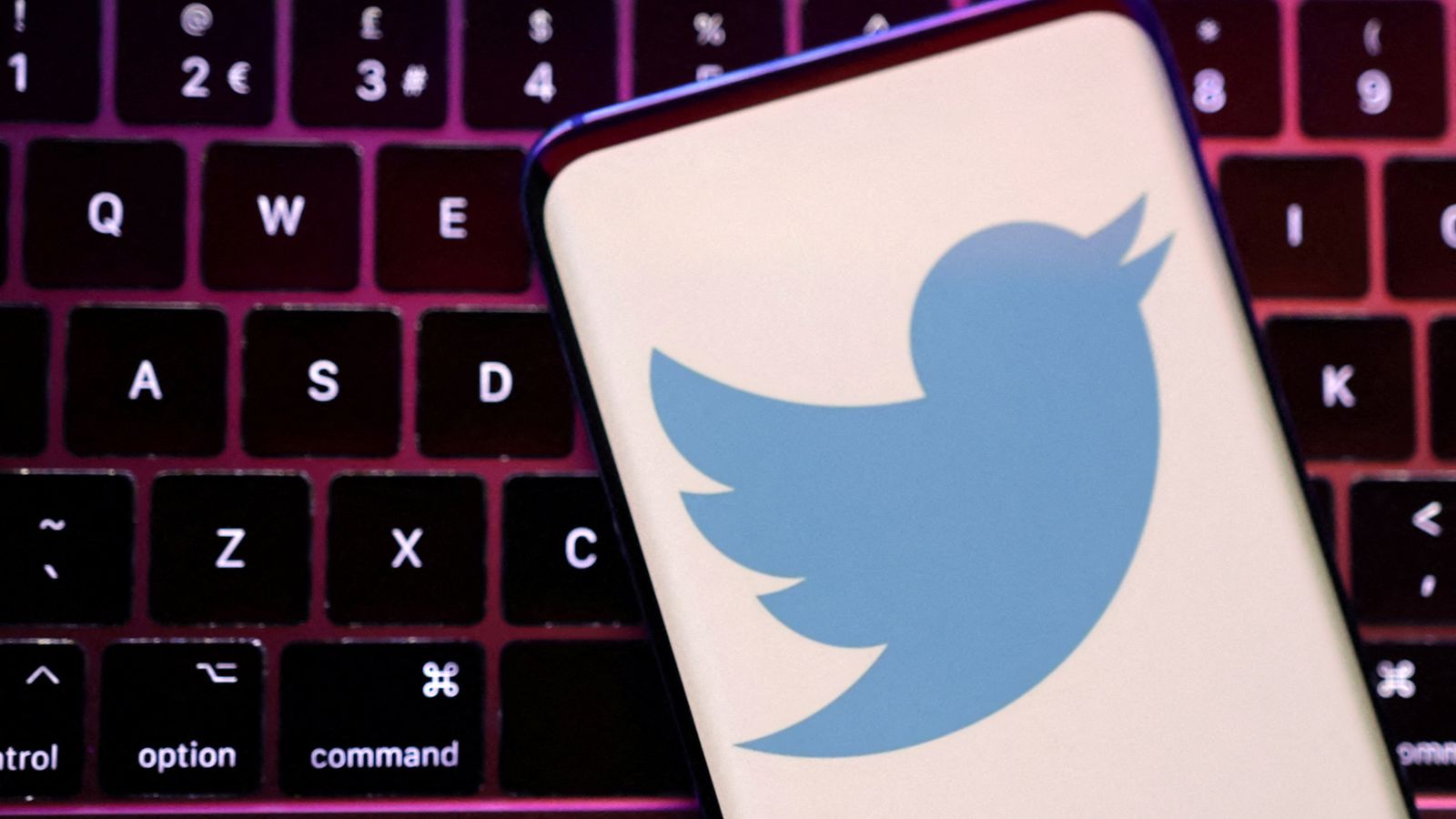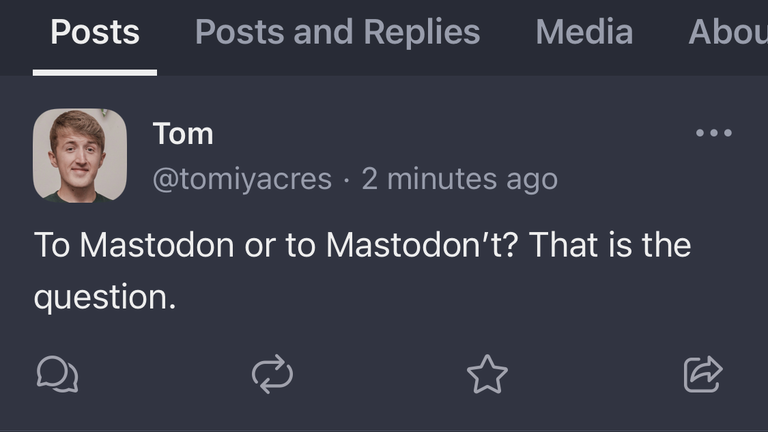It’s a chaotic time to be on Twitter.
The beginning of Elon Musk’s tenure has not gone smoothly – mass lay-offs, new features disappearing as quickly as they debut, advertisers putting spending on hold, and even a threat of bankruptcy.
As its future becomes increasingly uncertain, people are looking for somewhere new. Google searches for “how to delete Twitter” have shot up, while queries about other platforms have grown even more.
Here are some of those proving of interest, and a trick to help those who are sticking with Twitter for now.
Mastodon
Despite launching six years ago, searches for Mastodon have never been as high as they are right now, with search traffic up almost 400% in November.
Familiar-looking profile pages, follower and following counts, timelines and hashtags should no doubt help Twitter leavers feel right at home.
The key difference is that it is decentralised rather than a singular platform like Twitter, with millions of users spread across independent communities rather than all being in the same place.
The onboarding can be a little complicated compared to mainstream platforms – so it may be worth reading our full explainer to get up to speed before jumping in.
Read more:
Everything you need to know about Mastodon
Bluesky
Perhaps it’s fate that should Twitter fall, an alternative from its former chief executive will rise to take its place.
Jack Dorsey, who co-founded Twitter in 2006 and had multiple stints as CEO, first announced the spin-off project named Bluesky back in 2019, and it launched into a testing phase earlier this year.
It describes itself as a “social protocol”, which – like Mastodon – promotes the idea of a space where the users are independent of the platform itself. The idea is it would be immune from the whims of one person.
Since the Twitter takeover went through, the waiting list for Bluesky has ballooned to more than 30,000.
Tumblr
An old stand-by of internet culture, Tumblr has welcomed a boom in interest since Musk’s Twitter takeover.
Superhero stars Ryan Reynolds (Deadpool) and Lynda Carter (Wonder Woman) are among those to have signed up, showing the blogging site can still attract famous faces 15 years after it launched.
Tumblr is a sort-of casual blogging platform, where Twitter meets something like WordPress, and allows anything from text and photos to music and videos to be posted.
Tumblr has also been poking fun at the drama on Twitter – launching “Important Blue Internet Checkmarks” which are available for $7.99. You can even get two of them.
Tribel
If you’re looking for the platform that most closely resembles Twitter visually, Tribel might be the place.
More than any other platform, it has also been openly boasting of its credentials as a Twitter alternative, even proudly announcing that Musk, Donald Trump, and Kanye West are banned.
Positioning itself as a “grassroots social network” that’s “free of hatred and fake news”, Tribel also insists it does not harvest user data.
According to a study by Financial World, search traffic shot up a whopping 400% when the American actor and producer Ken Olin publicly endorsed Tribel as his Twitter successor of choice.
Cohost
Like Bluesky, Cohost is currently in a testing phase, and you may face a wait to get in.
The platform styles itself on Twitter so far as the concept of followings and followers, but its big promise is that no adverts or algorithms will dictate the makeup of your timeline.
“We’re borrowing liberally from other sites,” it admits on its website, but adds: “We aren’t the ones providing the most important part of cohost – you are.”
For more on science and technology, explore the future with Sky News at Big Ideas Live 2022.
Find out more and book tickets here
Log off
One of the broader options available, this offers those who take it up the opportunity to put their phone down, read a book or watch a film, or perhaps even go outside.
In all seriousness, for some, it’s worth considering that having a reason to leave a social media platform might represent the perfect opportunity to quit altogether.
But if you are sticking with Twitter…
Changes to Twitter’s policy on who gets a “verified” checkmark have caused problems, as it’s hard to distinguish between authentic accounts and those which are simply now paying $7.99 a month to get the blue tick.
A handy browser extension aims to help – dubbed Eight Dollars, it swaps the recognisable blue checkmark for a dollar sign on those profiles which have paid rather than actually been verified.
It is available on the Google Chrome, Microsoft Edge, and Firefox browsers, and its creator says a version for Apple’s Safari is in the works.




